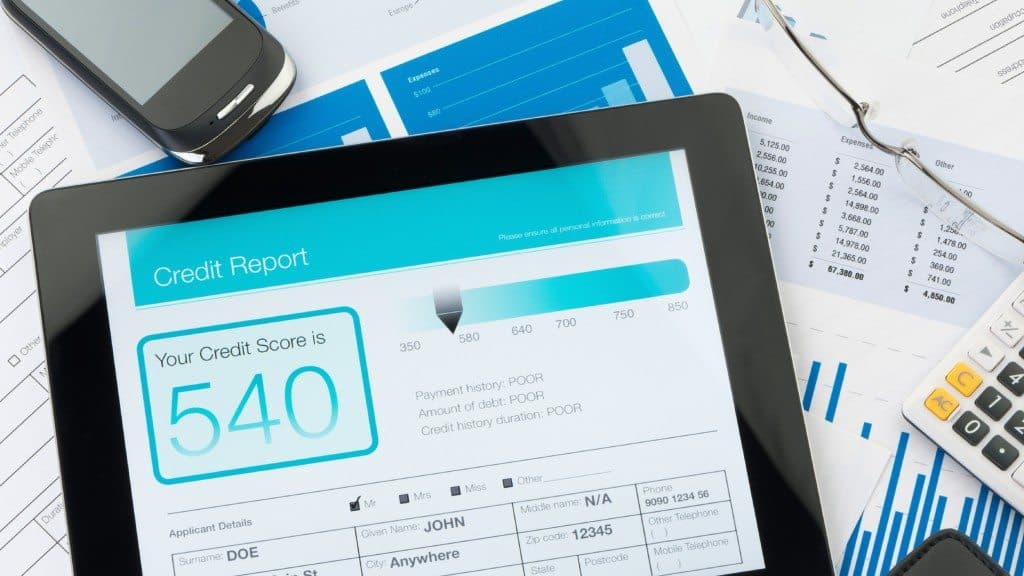Homeowner associations may be great for neighborhood maintenance, settling disputes and enforcing community guidelines, but every one of the benefits come with a cost: the association dues. A good chunk of American homeowners agree to pay them-nearly 25%, according to RealtorMag.org-but unlike the mortgage, insurance, and tax costs those homeowners also must pay, HOA fees aren’t reported to credit bureaus. Up to now.
Your HOA Payments May Now Affect Your Credit Score

Credit data aggregator Sperlonga has consented to become the first company to furnish HOA payment and account status data to Equifax, one of the three major credit-reporting agencies. Reporting is going to be tested in August with a full rollout planned in October. According to the Community Association Institute, homeowner associations and property management companies collect approximately $70 billion in HOA payments annually through at the very least 333,000 community associations.
For years, experts in the credit-scoring industry have discussed the value of adding things like rent payments and utility bills to credit scores as a way of giving a lot more people access to credit. It’s something they describe as alternative data.
“Until now, HOA payments have gone largely unreported to the national credit-reporting agencies. Our service will help elevate association payments to the same level of importance as the consumer’s other financial obligations like residential mortgages, auto loans, and credit card payments,” said Matt Martin, chairman and founder of Sperlonga, in a statement. “Property owners that pay HOA fees on time should begin to see the similar impact to their credit reports as they would with other payment obligations traditionally found in a credit report.”
Of course, now property owners who are late or delinquent with HOA payments could likewise see a negative impact on their credit scores, just as they would with a late house payment.
“Introducing new sources of data beyond what has traditionally been found on credit files can provide additional insight into a consumer’s financial behavior and help deliver expanded credit access,” Mike Gardner, senior vice president at Equifax, said in a press release.
You have a legal right to access the information consumer credit-reporting agencies collect about you and dispute any inaccuracies. So, if you’re wondering which of your account payments could possibly be reflected on your own credit report, it’s a good idea to track your credit by pulling your free annual credit reports each and every year. It’s also possible to learn how the data being reported are affecting your credit standing on a more frequent basis by checking your two free credit scores, updated on a monthly basis on Credit.com.
Looking for a home that has no HOA? Nick & Cindy Davis with RE/MAX Premier Group can assist you finding your new home here in the Tampa Bay and Surrounding areas. Simply click here or call us at 813-300-7116 and we will get to work finding you your new home.